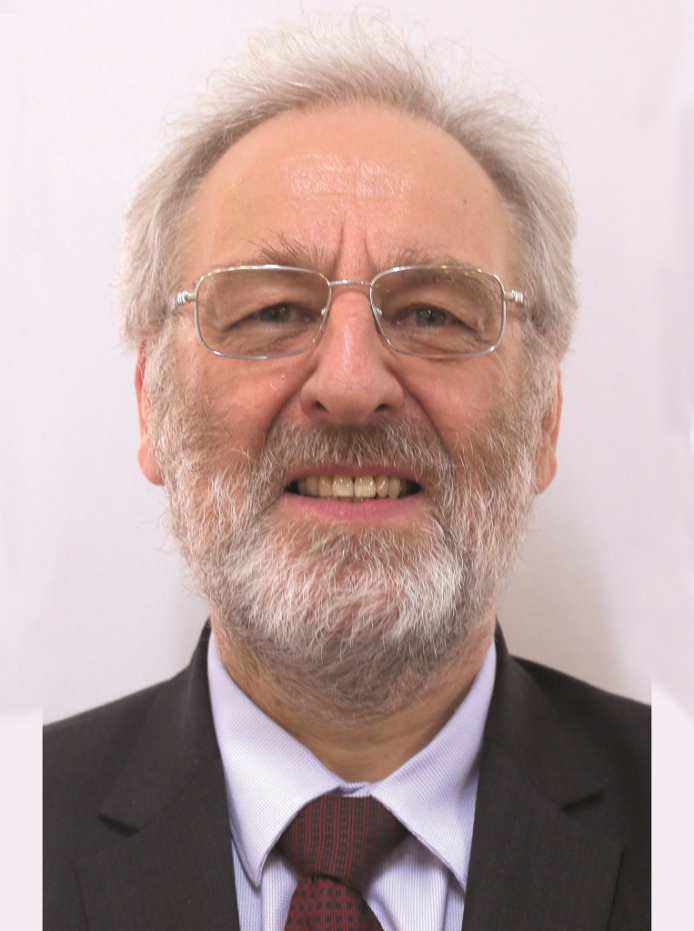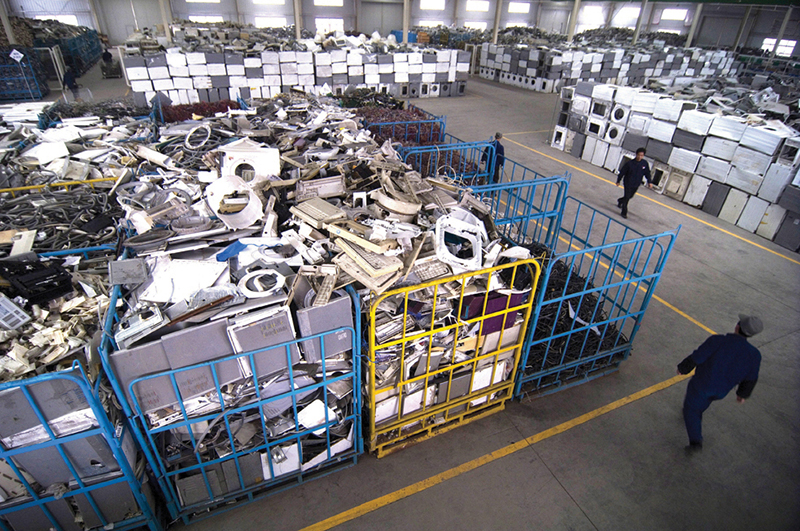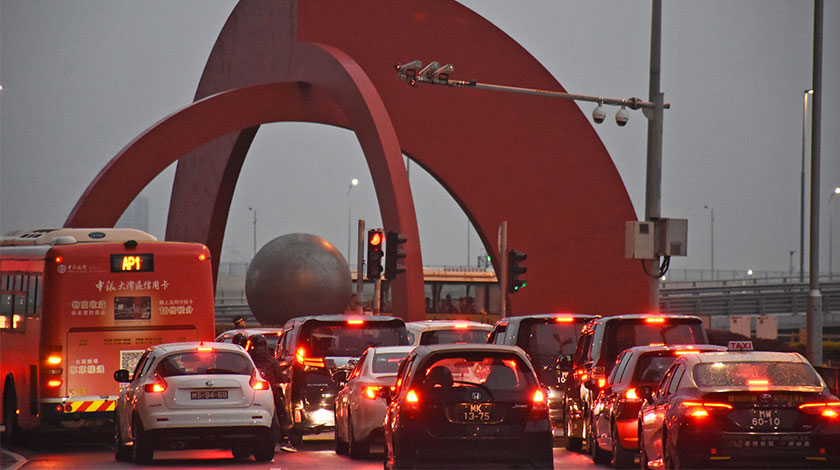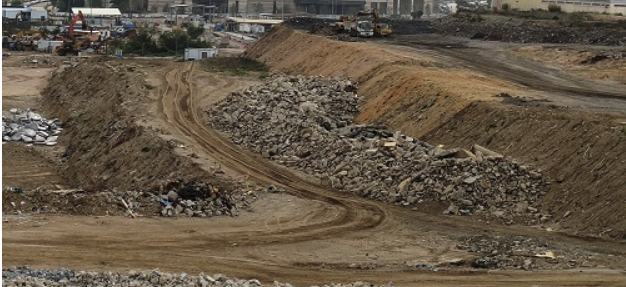
Macau Business | March 2024
Keith Morrison – Author and educationist
What springs to your mind when you hear the term ‘waste management’? Solid and liquid waste disposal? Recycling? Save the earth? Waste creation? Waste prevention? Waste treatment? Plastics? Sustainability? Of course, it is all of these, and plenty more. Waste management touches everything, nor is it new; consider Vance Packard’s 1960 prescient publication ‘The Waste Makers’.
Macau has a long way to go in waste management, even though the large casino resorts are in the vanguard of practices here. The latest annual figures indicate that, in one year alone, Macau had 2.3 million cubic metres of construction waste, 437,000 tonnes of municipal waste, and 223,000 cubic metres of water treated each day. For decades, many parts of the world have required households to separate their waste into different types, to be collected at different times in a regular schedule: glass, cans, plastics, paper, food, organic matter, furniture, batteries, etc. But not in Macau. Here, even if households separate their waste (which is light years away from being universal or required), what happens then? Oh, easy; they are all mixed up again when the garbage is collected, i.e. a complete waste of time. Not a record to be proud of.

But wait a moment; that’s only the conventional field of waste, concerning materials of different kinds. Waste management applies much more widely, and Macau is a nice example of this.
For example, how about wastage of public money? Think of the over-sized light rail stations, or the cathedral-sized Pac On ferry terminal, or Macau’s immigration and customs building at the Hong Kong-Zhuhai-Macao bridge, with its mini-marathon walking distance and carry-a-case escalator obstacle course, or the conspicuous failure to solve the still permanently congested Pearl roundabout at the Avenida da Ponte de Amizade, despite massive roadworks. What glorious waste creations. And how is it that construction projects in Macau go to the lowest bidder rather than to the most suitable bid? What startlingly successful opportunity waste.
Waste management addresses that which has been discarded as useless, superfluous, and unwanted. Who decides what counts as waste? There are many instances of a much wider needed interpretation of waste in Macau, that reaches beyond material waste. Consider, for example, the waste of human resources in Macau, where those who are qualified in a wide range of fields (often qualified abroad) find that there are no jobs for them in their fields in Macau, because of narrow employment prospects here. This is human creativity and talent waste, just when Macau is extolling the virtues of diversification and talent recruitment. Why is it that, in Macau, qualified pharmacists end up teaching English, trained psychologists end up as office staff, museum and gallery management experts end up as schoolteachers, and, indeed, qualified architects and scientists end up leaving Macau? What a waste.

Waste of human resources includes unemployment (8,600 unemployed people in Macau, latest figure) in which there is discrimination by age, gender, ethnicity, race, and country of origin. Additionally, employee attrition sees workers quitting jobs because of poor working conditions. Macau has them all. What a waste.
Or consider the superfluity of senior managers in organisations and offices in Macau: organisational waste. Here the ‘waste’ in ‘waste management’ is adjectival: managers who are a waste. Why are Macau’s organisations and offices top-heavy in senior managers whose main job, it appears, is to be noticed as they strut and fret their hour at an endless number of inconsequential, unnecessary meetings and public events? What a waste of time and money here: time taken to greet these divine top-rank managers; time for them to parade in front of the ‘proles’, their names read out for everyone to applaud; time for them to toast the ‘great unwashed’ who are present in envious awe with their cellphones at the ready to photograph the magnificence; and then time to bow and exit in order to compete in the most-expensive pickup limousine competition. But wait, let us not be hard on these overblown mannequins; they have the good grace to disappear immediately after the photo-taking, leaving the others to rejoice at having seen them, whilst not actually knowing who they were.
Why is it that event after event sees these same VIPs present, smiling over their petit fours, wondering how to hold their glass, their single-use paper plate and plastic cutlery, without dropping them when shaking hands. This is senior manager waste: useless and superfluous would-be big fish in a small pond. To coin a cinematic phrase, maybe they should be ‘wasted’, but maybe this is ungenerous; after all, they are harmless because, in fact, they don’t do much except receive showbiz plaudits. Maybe just recycle them to be garbage collectors.
Waste is that which adds no value, is inefficient and unnecessary. Look at Macau; waste is everywhere and ongoing. Macau’s culture of waste is pervasive and all-to-easily tolerated.
























